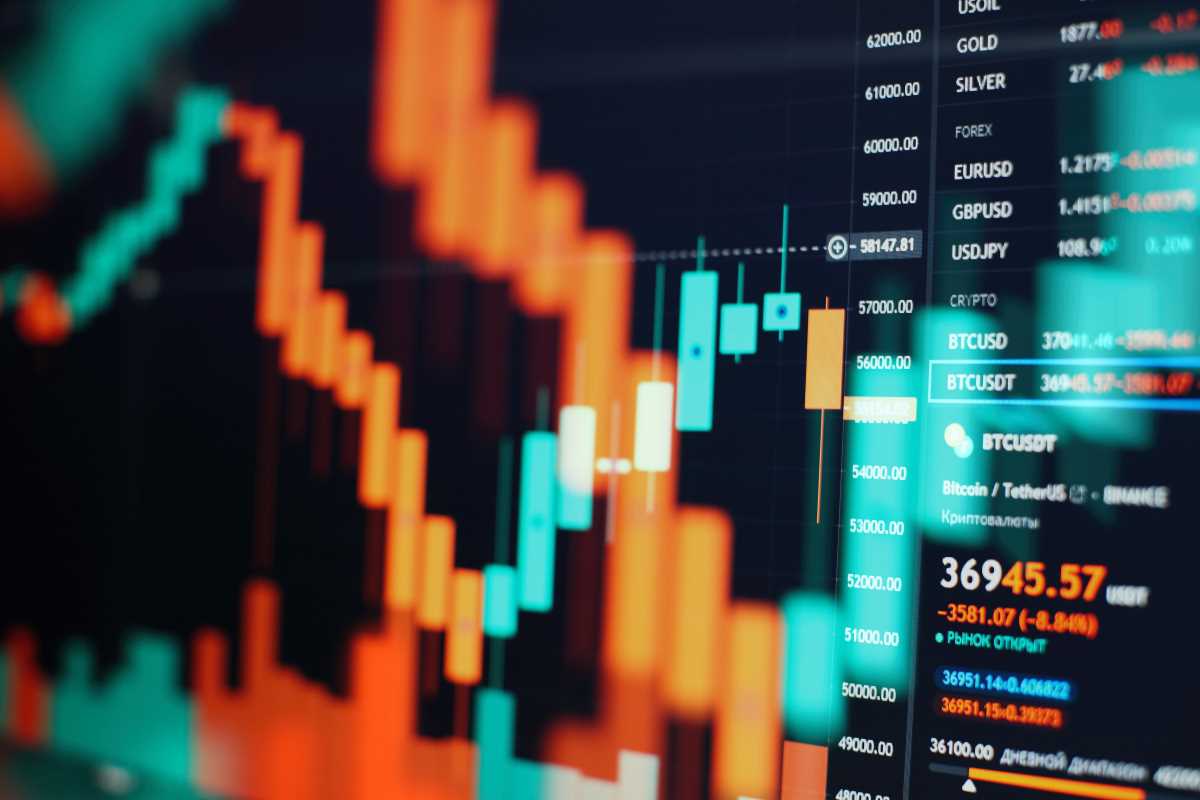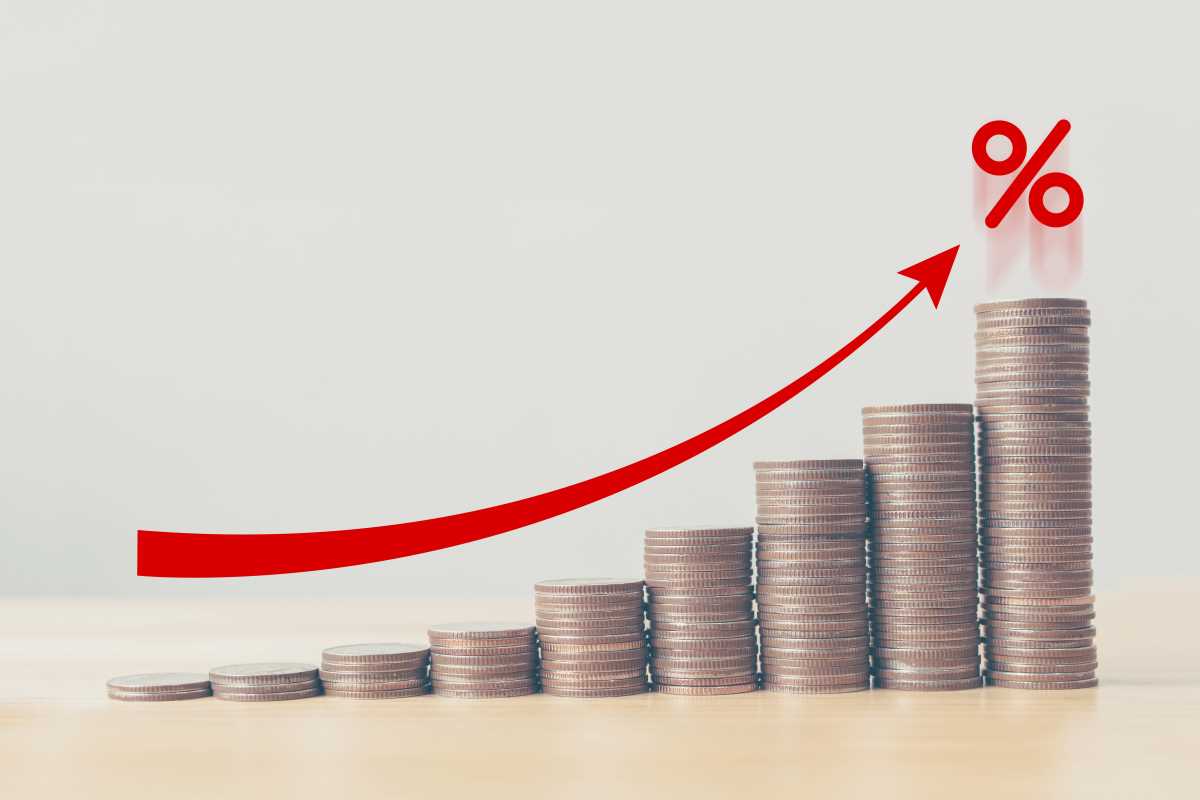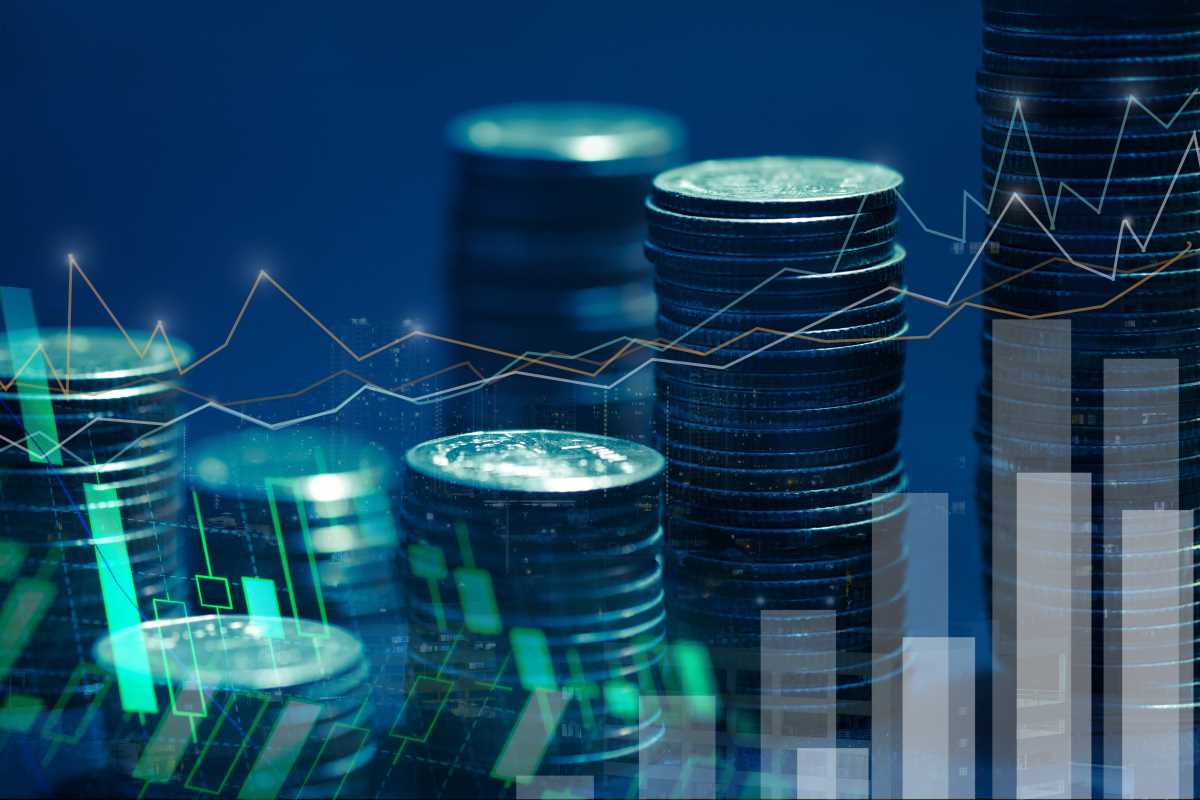Stock trading used to be a game for professionals on Wall Street with fancy degrees and insider knowledge. But artificial intelligence is changing all that. AI tools are making it easier than ever for regular people to make smarter investment decisions. Let's explore how AI is transforming the world of stock trading and what it means for your financial future.
What Is AI Stock Trading?
AI stock trading uses computer programs that can think and learn like humans. These programs analyze massive amounts of data—market trends, company news, economic reports, and social media chatter—all in seconds. They spot patterns that human traders might miss and make predictions about which stocks might go up or down.
Think of it like having a super-smart friend who reads every financial newspaper, watches every business news channel, and remembers every stock price movement from the last decade. That friend then gives you advice on what to buy or sell. That's essentially what AI trading tools do.
How AI Is Changing the Game
Traditional stock trading relied heavily on gut feelings and basic research. Traders would read company reports, follow the news, and make educated guesses. While this approach can work, it's time-consuming and prone to human emotions like fear and greed.
AI removes much of the guesswork. These systems don't get scared when the market crashes or overexcited during a bull run. They stick to data and logic. They can process thousands of data points every second and react to market changes instantly.
AI tools also democratize trading. You don't need years of experience or a finance degree to benefit from sophisticated analysis. The AI does the heavy lifting, making professional-level insights available to everyone.
Top AI Tools Transforming Stock Trading
Several AI-powered platforms are leading this revolution. Robo-advisors like Betterment and Wealthfront create personalized investment portfolios based on your goals and risk tolerance. They automatically rebalance your investments and adjust strategies as market conditions change.
Trading platforms with AI features like E*TRADE and TD Ameritrade now offer AI-powered research tools. These platforms analyze stocks and provide recommendations based on technical indicators and market sentiment.
Algorithmic trading platforms like QuantConnect and Alpaca allow more advanced users to create their own AI trading strategies. These platforms provide the infrastructure to build, test, and deploy automated trading systems.
Social sentiment analyzers track what people are saying about stocks on social media and news platforms. Tools like StockTwits and MarketPsych analyze millions of posts and articles to gauge public opinion about specific companies.
Predictive analytics tools use machine learning to forecast stock prices. Companies like Kavout and Yewno create AI models that predict how stocks might perform in the coming days or weeks.
The Benefits of AI Trading
AI trading offers several compelling advantages. Speed is perhaps the biggest benefit. AI can analyze data and execute trades in milliseconds, capturing opportunities that human traders would miss.
Emotion-free decision making is another major plus. Fear and greed cause many investors to buy high and sell low. AI sticks to its programmed strategy regardless of market emotions.
24/7 monitoring means AI never sleeps. It can watch global markets around the clock and react to news or events that happen outside normal trading hours.
Data processing power allows AI to consider far more information than any human could handle. It can analyze thousands of stocks simultaneously while considering countless variables.
Backtesting capabilities let AI strategies be tested on historical data before risking real money. This helps improve performance and reduce the chance of costly mistakes.
Potential Risks and Limitations
Despite its advantages, AI trading isn't perfect. Market volatility can throw off even the smartest algorithms. Unexpected events like natural disasters, political upheavals, or global pandemics can cause markets to behave in ways AI hasn't seen before.
Over-reliance on technology can be dangerous. If everyone uses similar AI tools, they might all make the same trades at the same time, potentially destabilizing markets.
Lack of human judgment means AI might miss nuances that experienced traders would catch. Sometimes, understanding company culture or industry dynamics requires human insight.
Technical failures can also cause problems. Software bugs, internet outages, or system crashes could lead to significant losses.
The Future Outlook
AI's role in stock trading will only grow larger. We're already seeing more sophisticated tools that can understand natural language, analyze video content, and even predict market reactions to political events.
Future AI systems might incorporate satellite imagery to track economic activity, analyze facial expressions of CEOs during earnings calls, or use quantum computing to solve complex market puzzles.
Getting Started Safely
If you're interested in AI trading, start small. Begin with established robo-advisors that offer diversified portfolios and low fees. Learn how these tools work before moving to more complex systems.
Remember that no AI tool guarantees profits. Even the smartest algorithms can lose money. Always invest only what you can afford to lose, and consider AI tools as part of a broader investment strategy.
The future of investing is here, and AI is leading the charge. While it's not a magic solution to guaranteed wealth, AI can help you make smarter, more informed investment decisions. As these tools continue to evolve, they'll become even more powerful allies in building your financial future.







